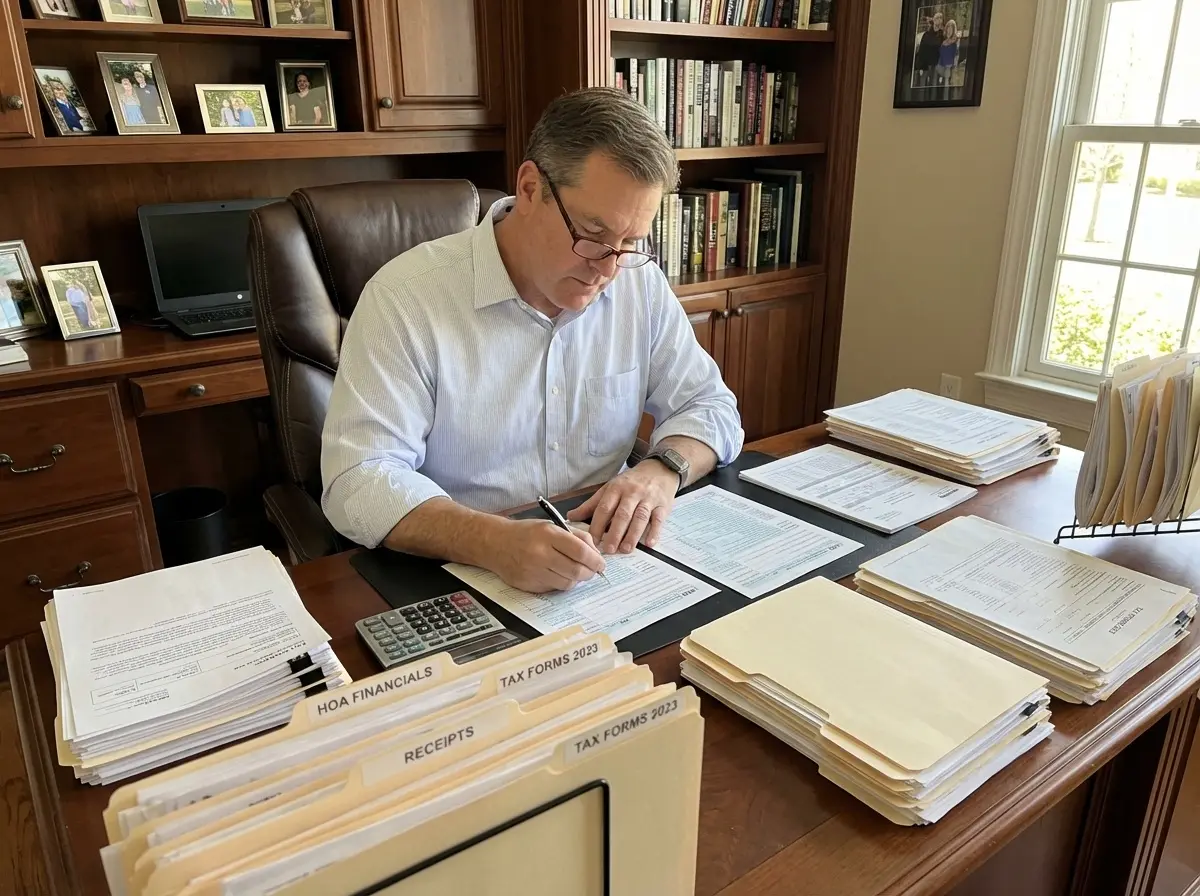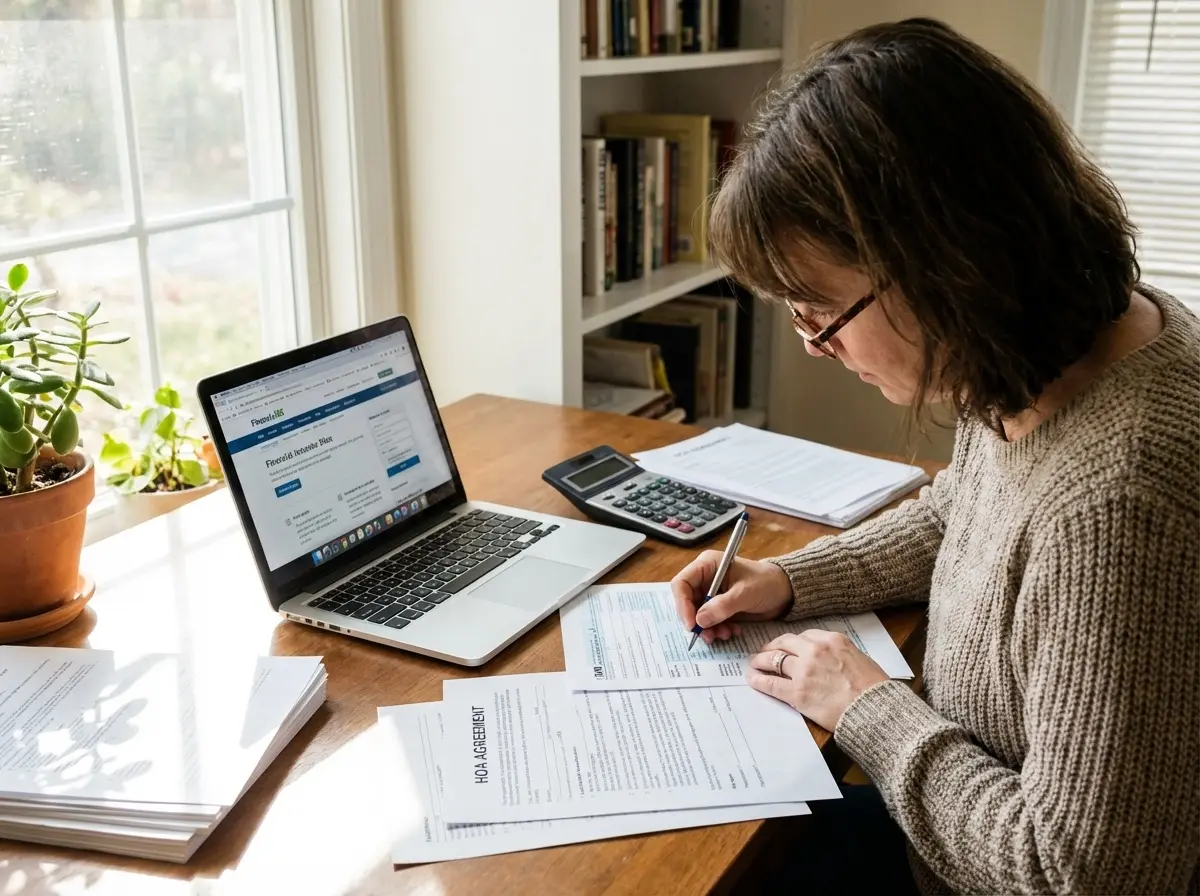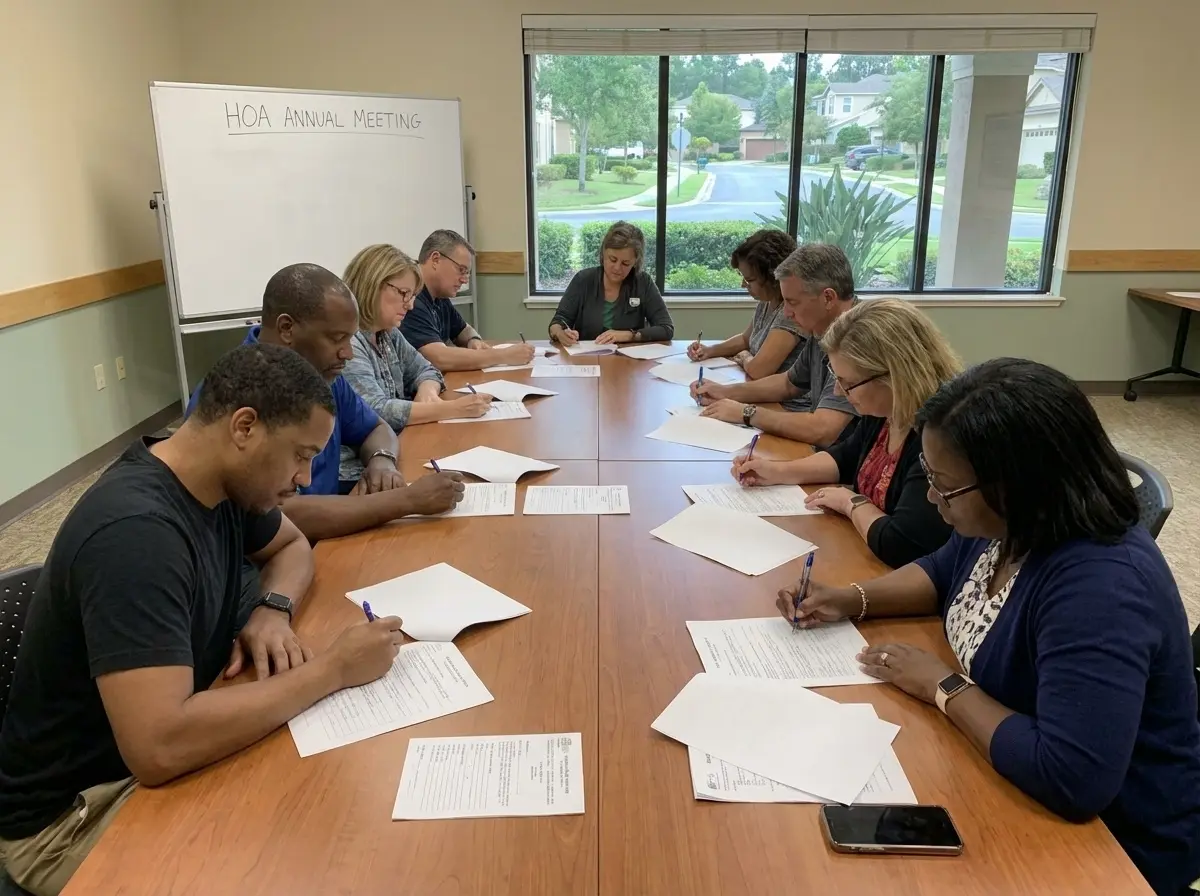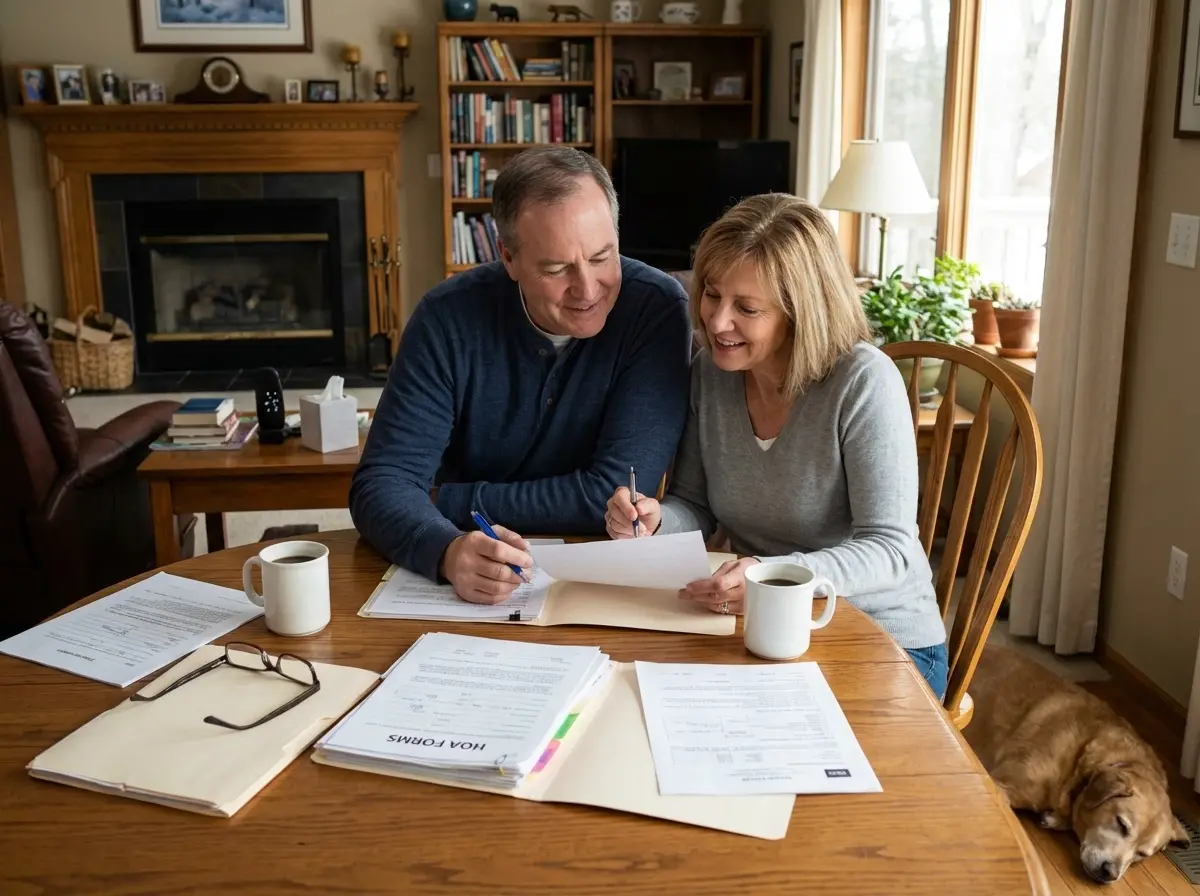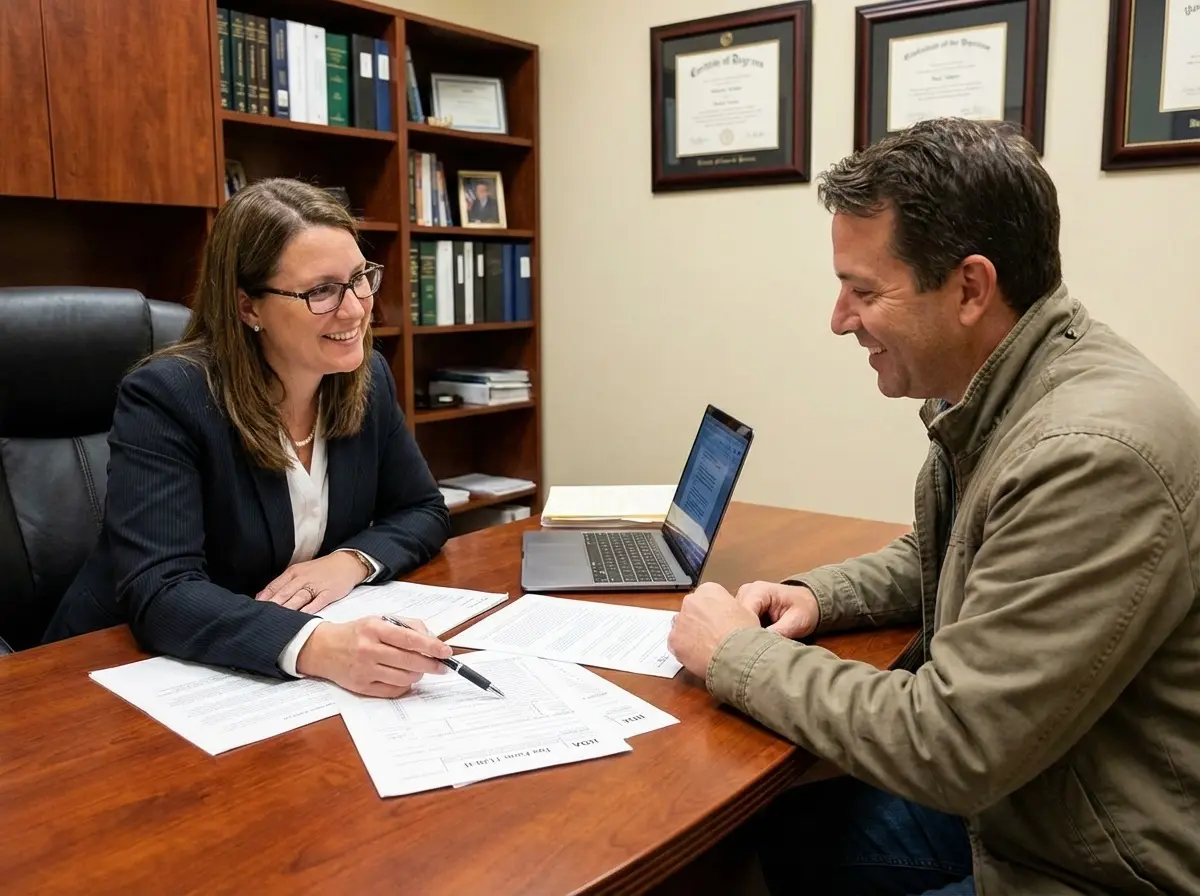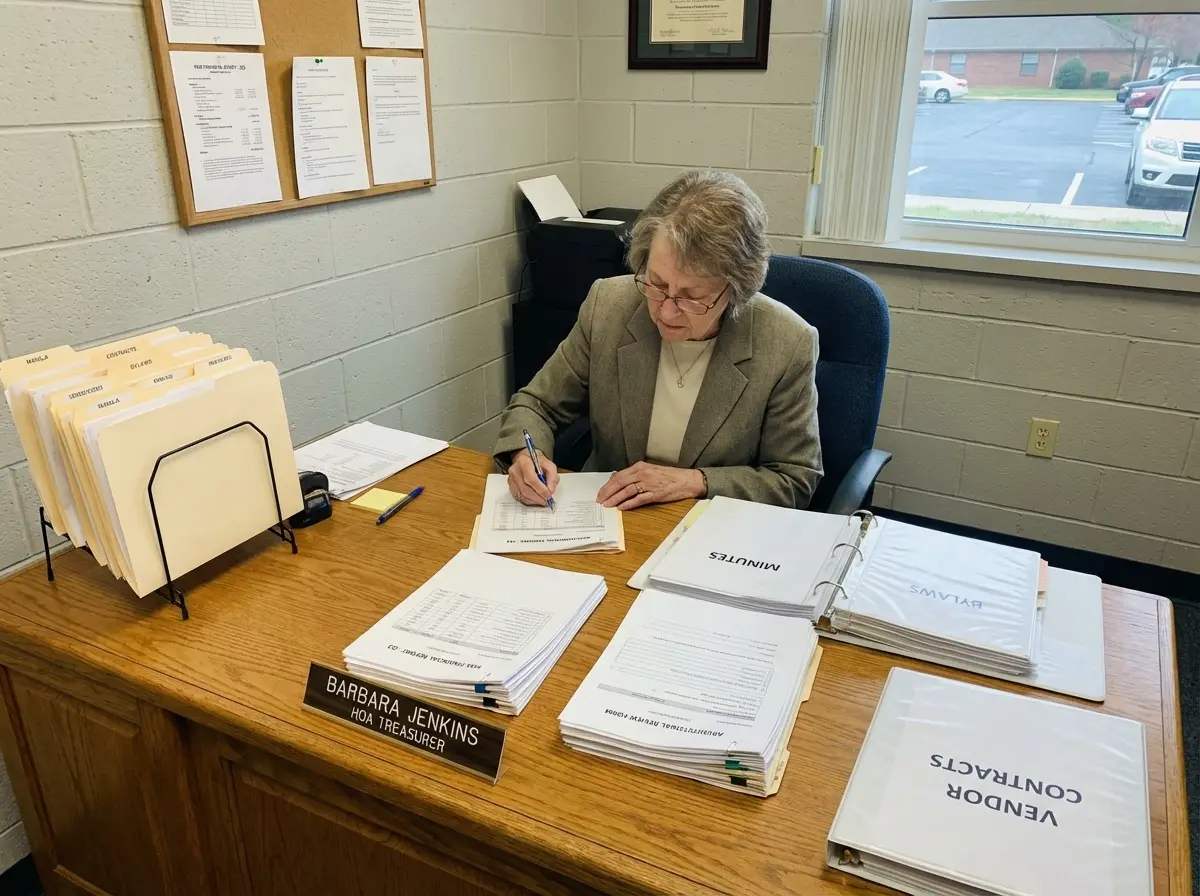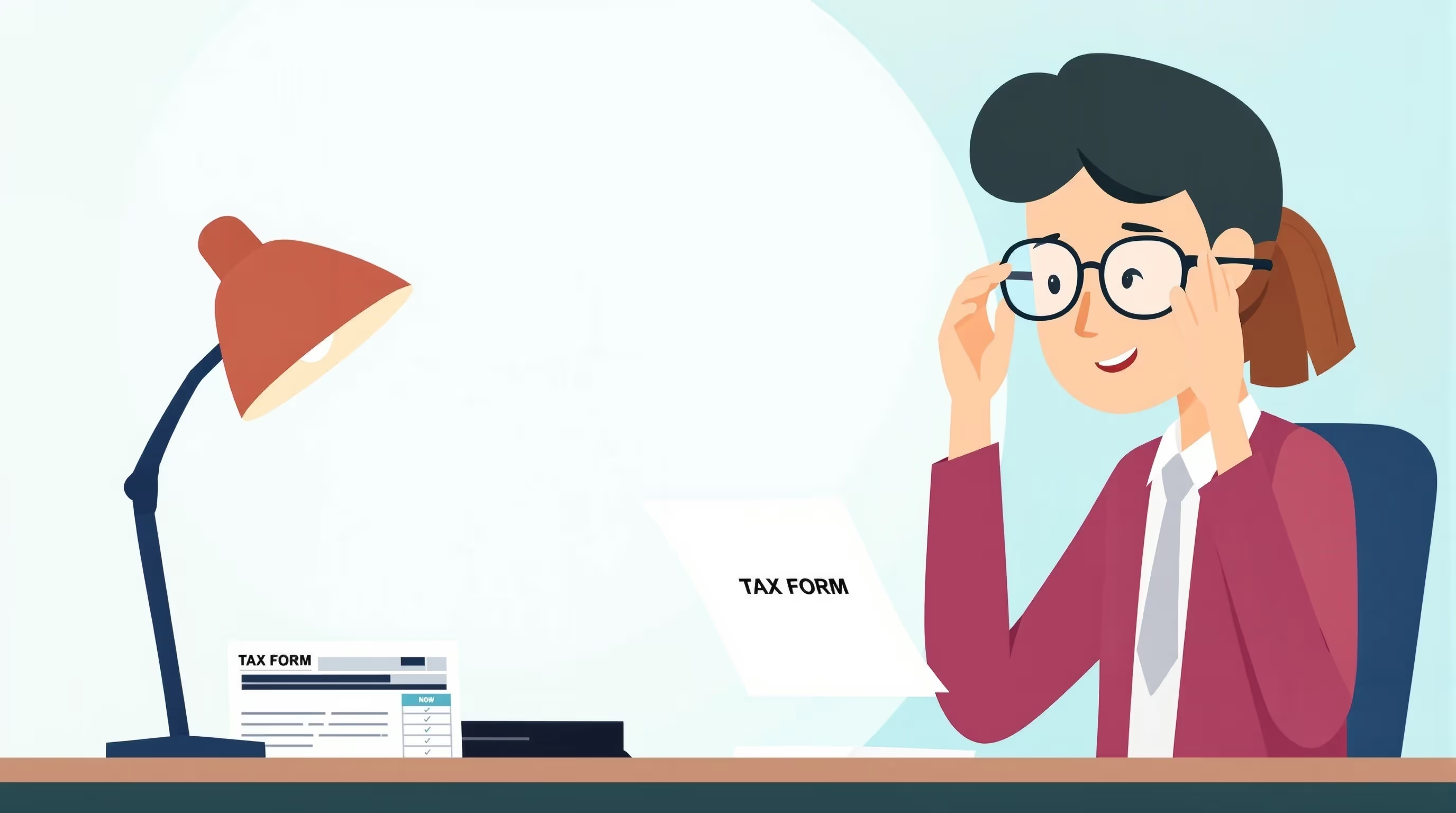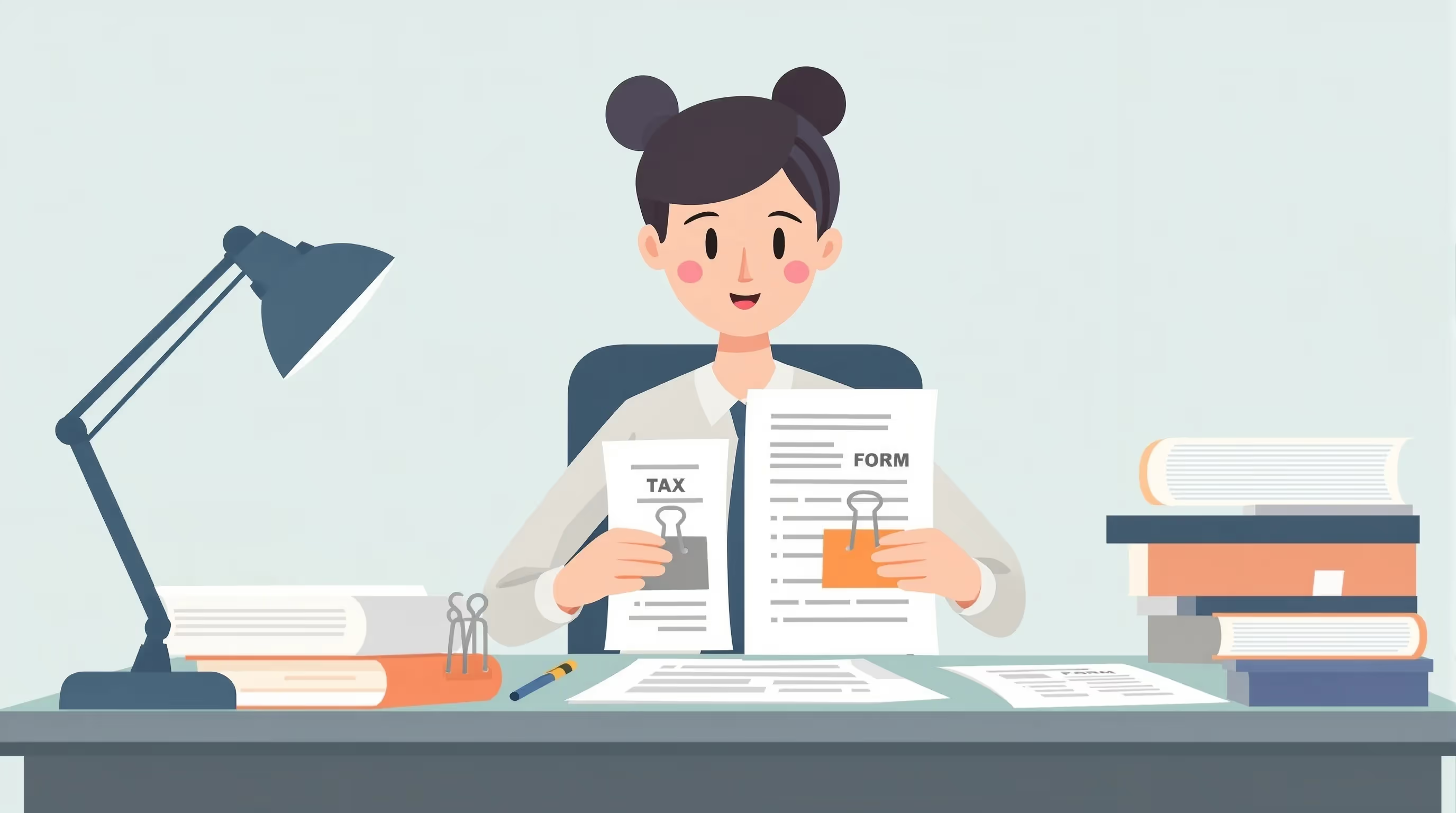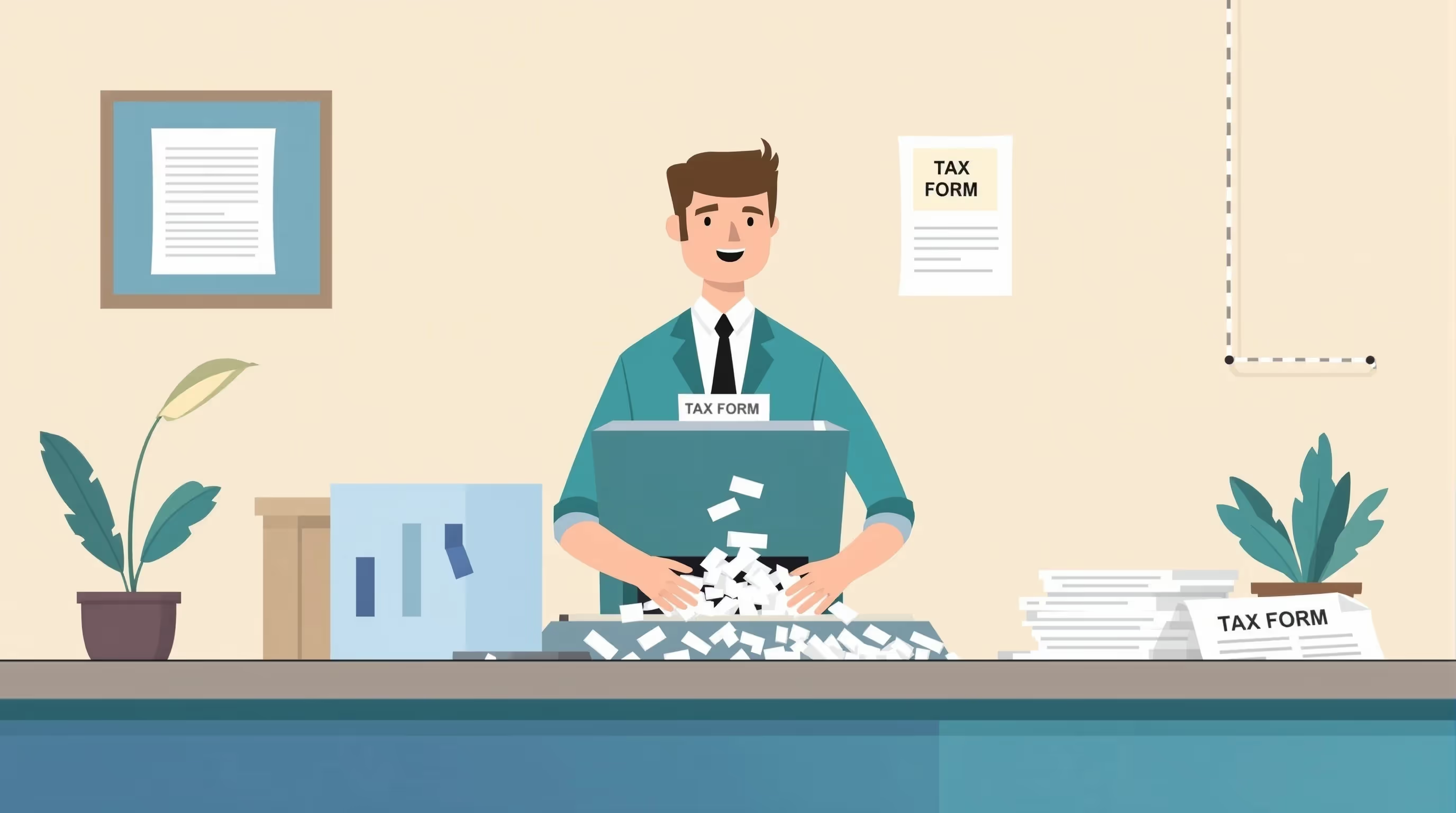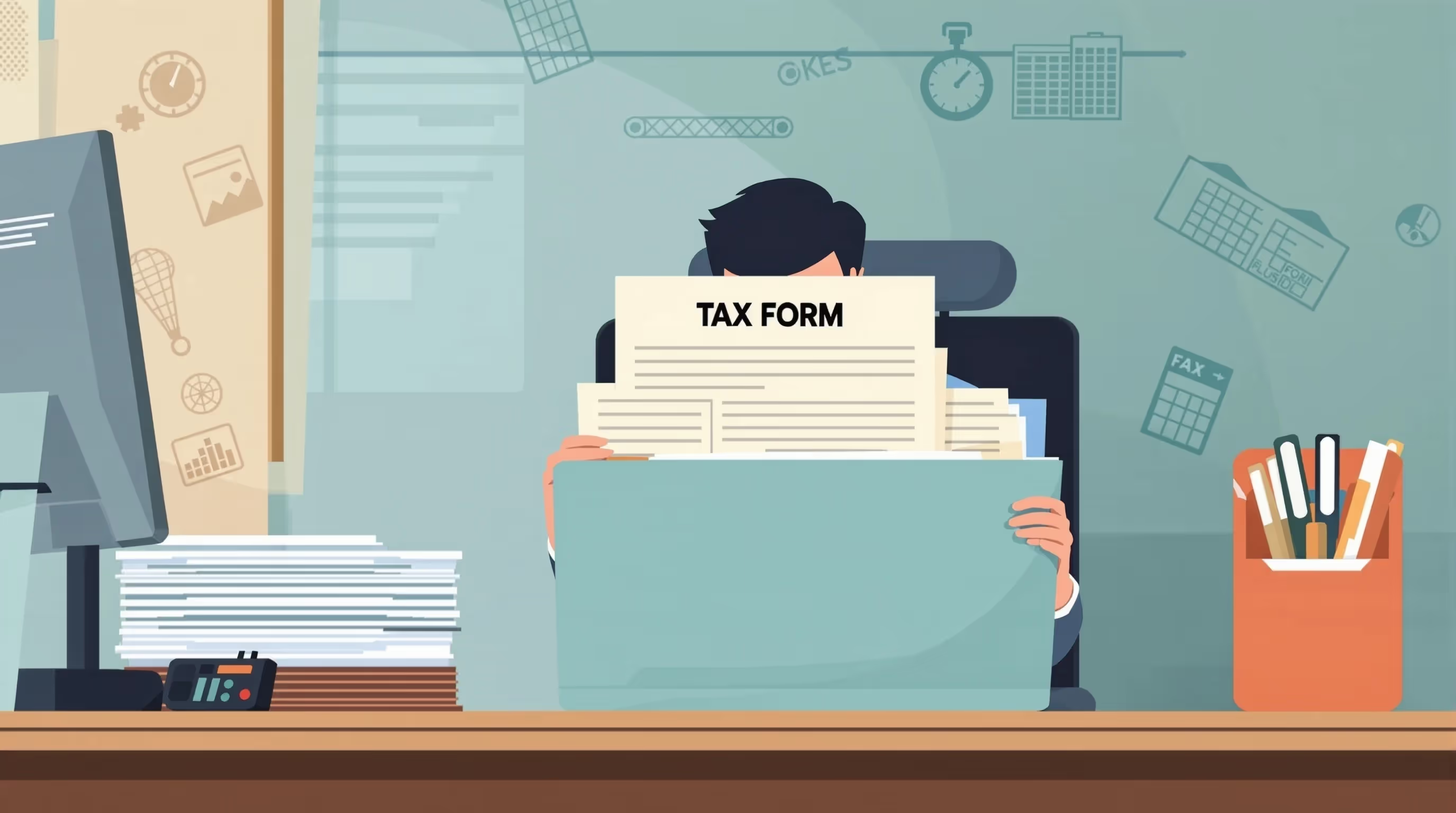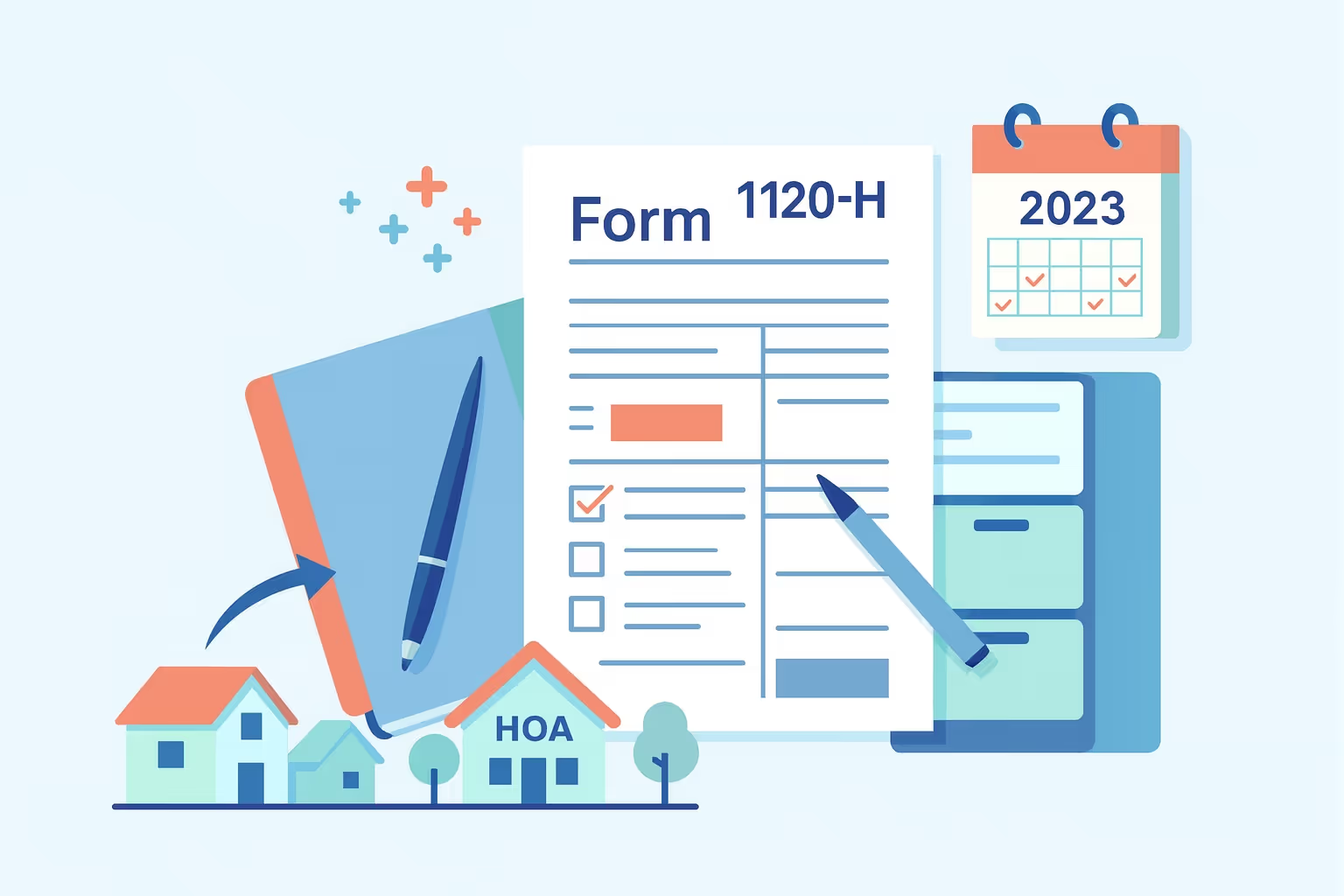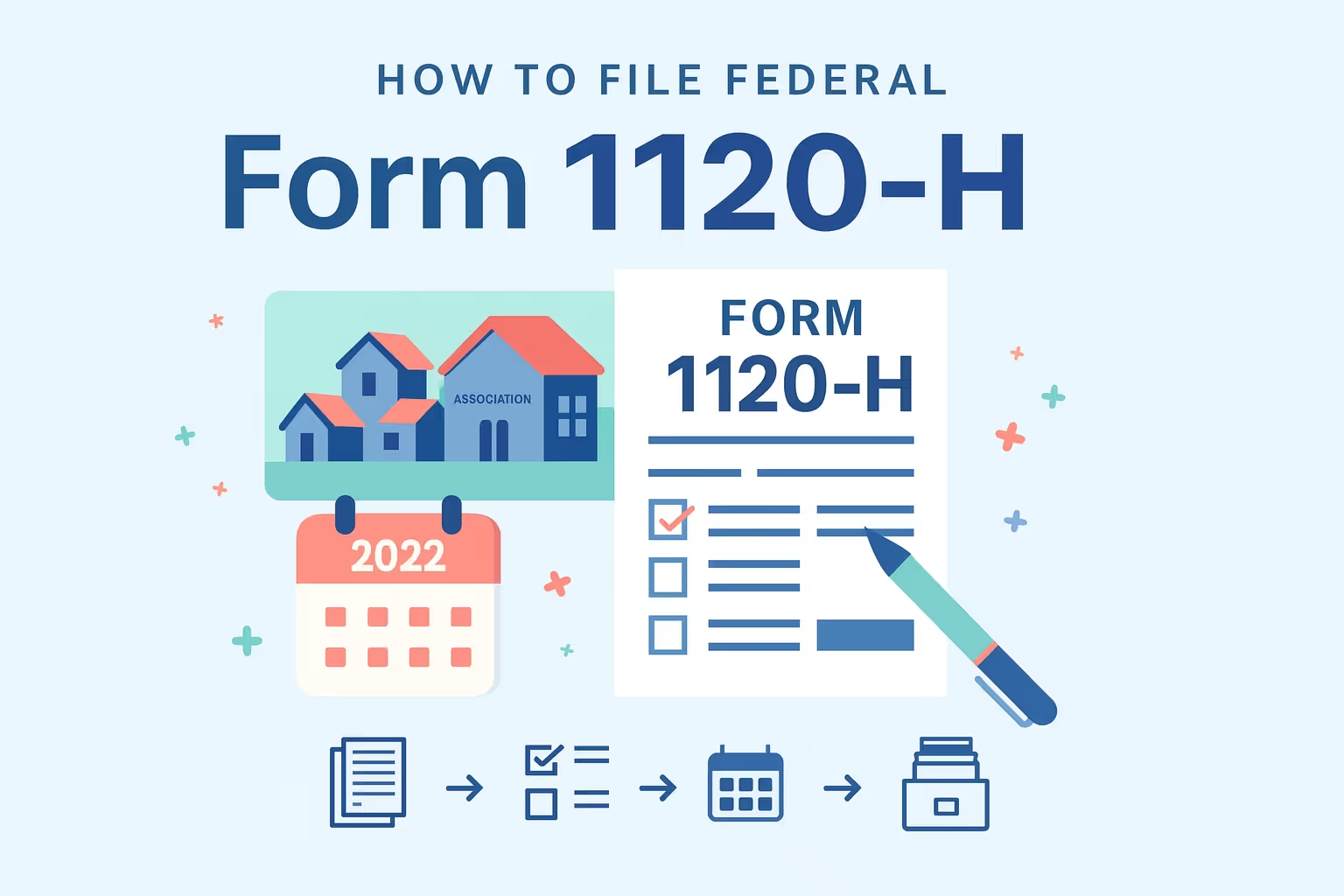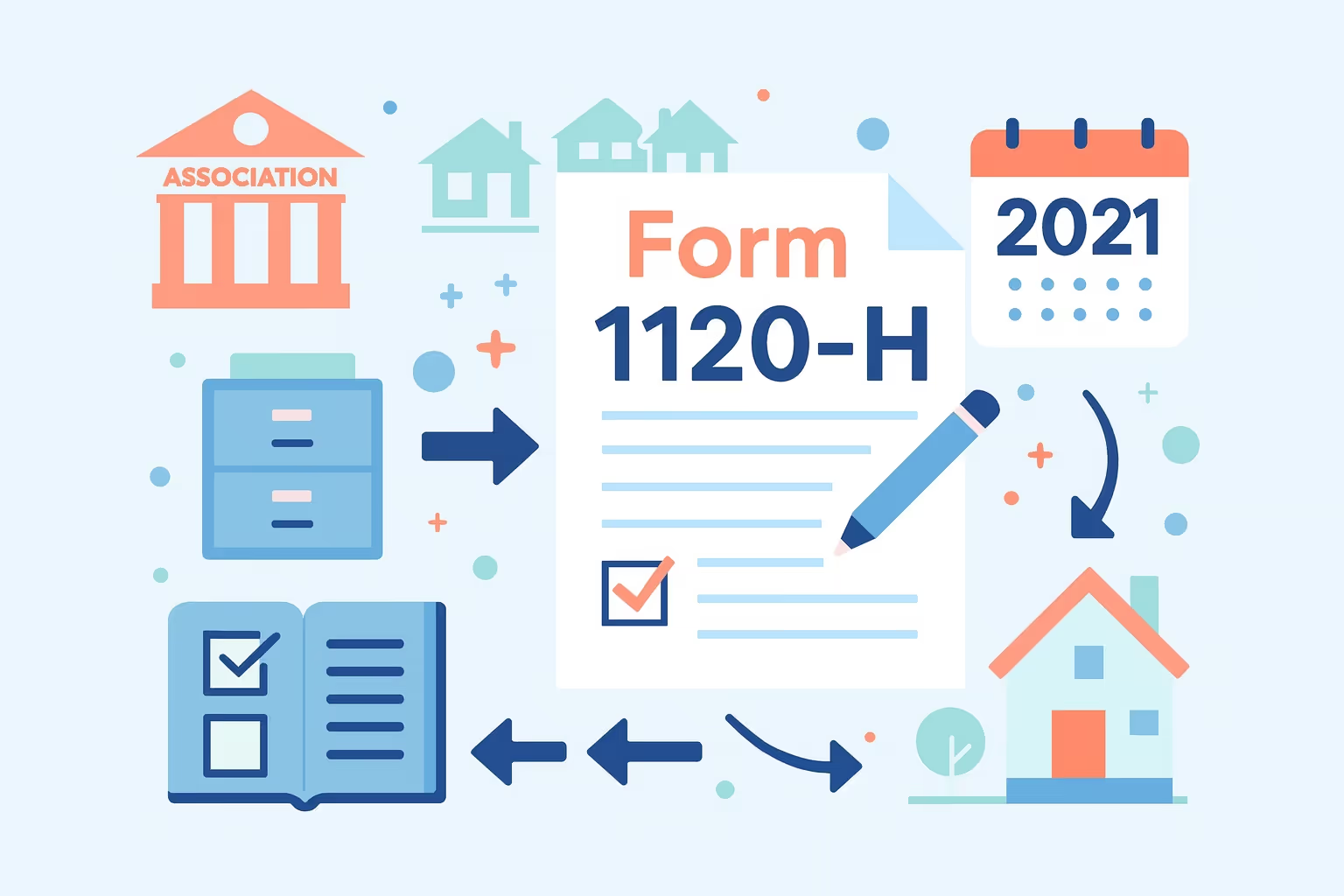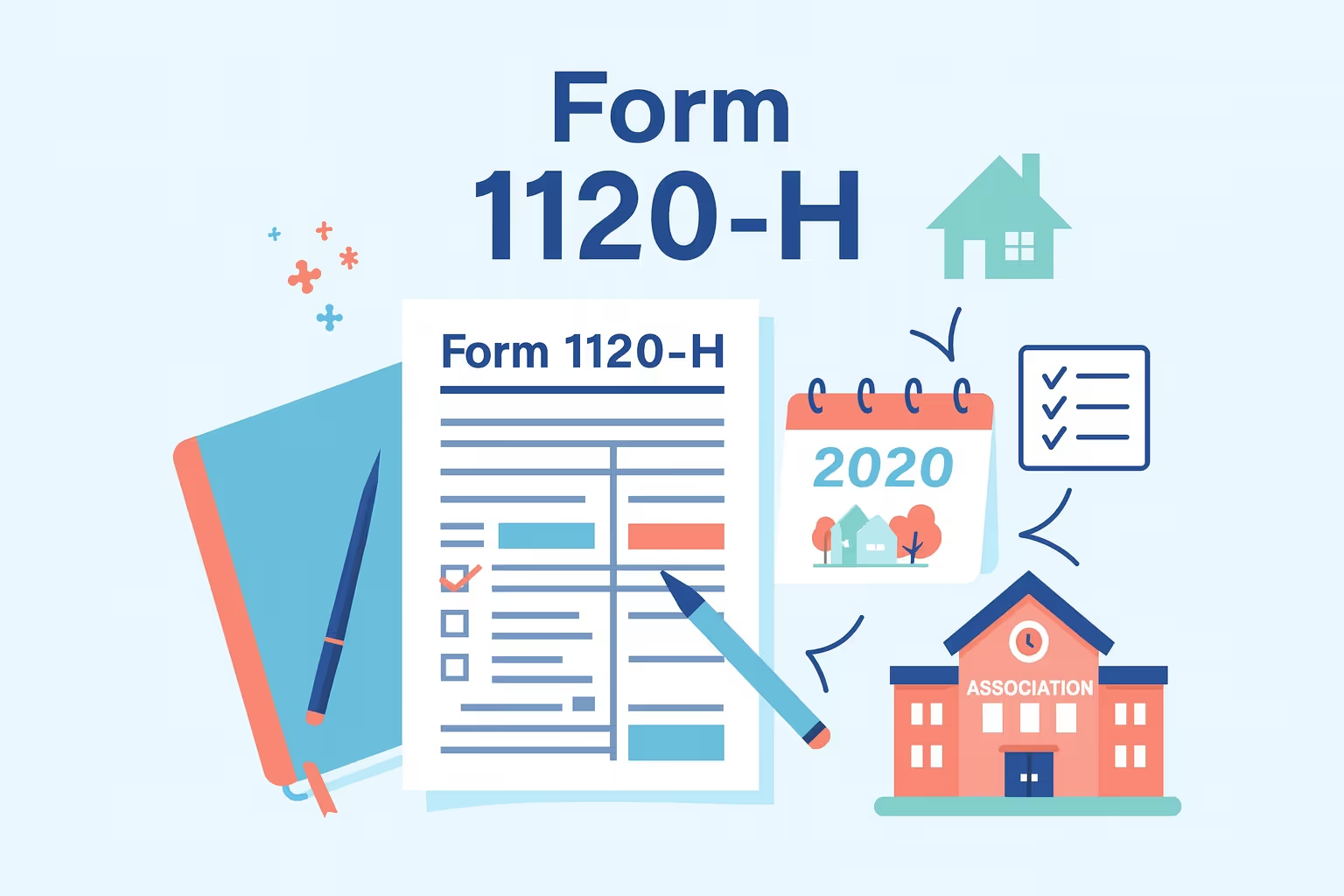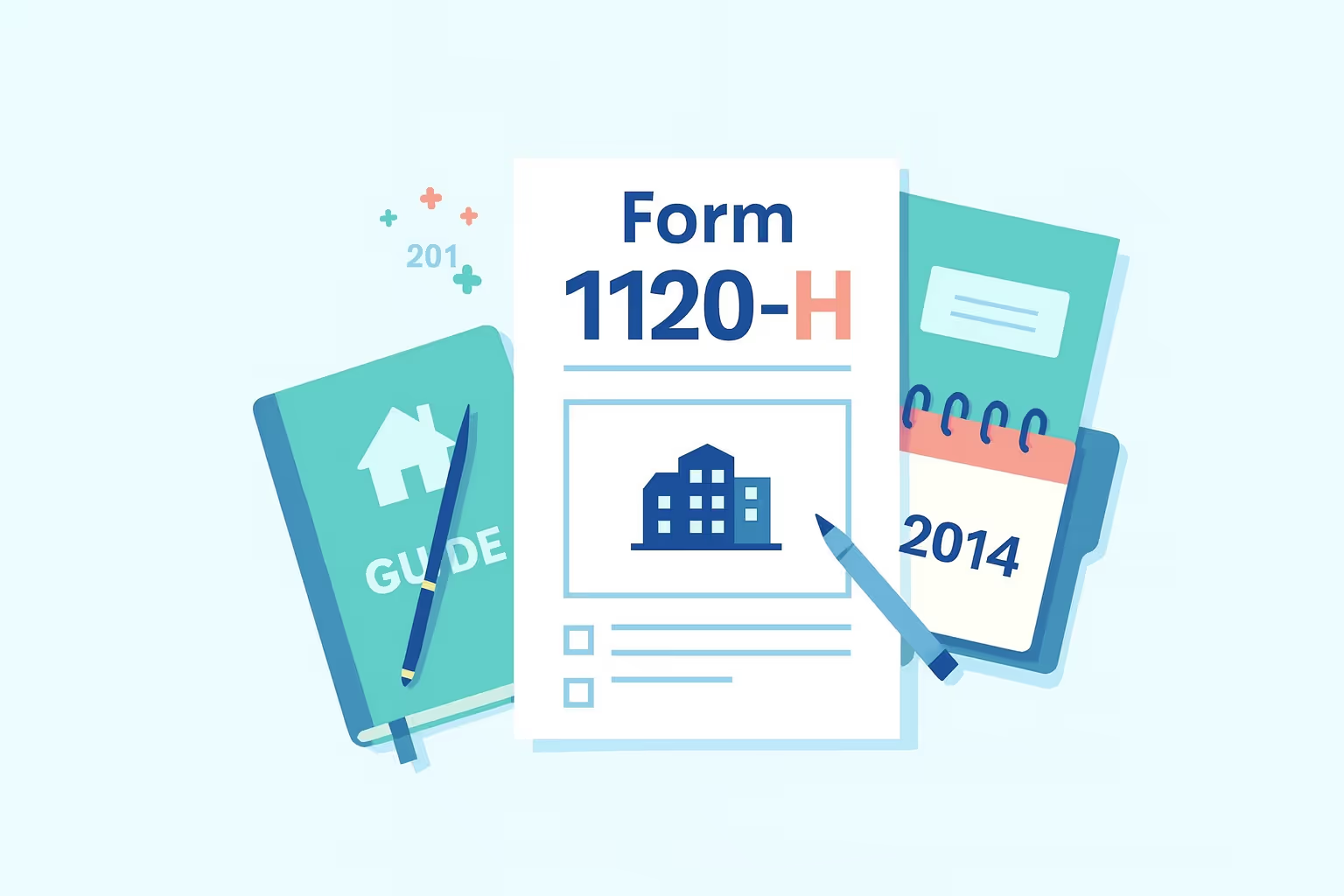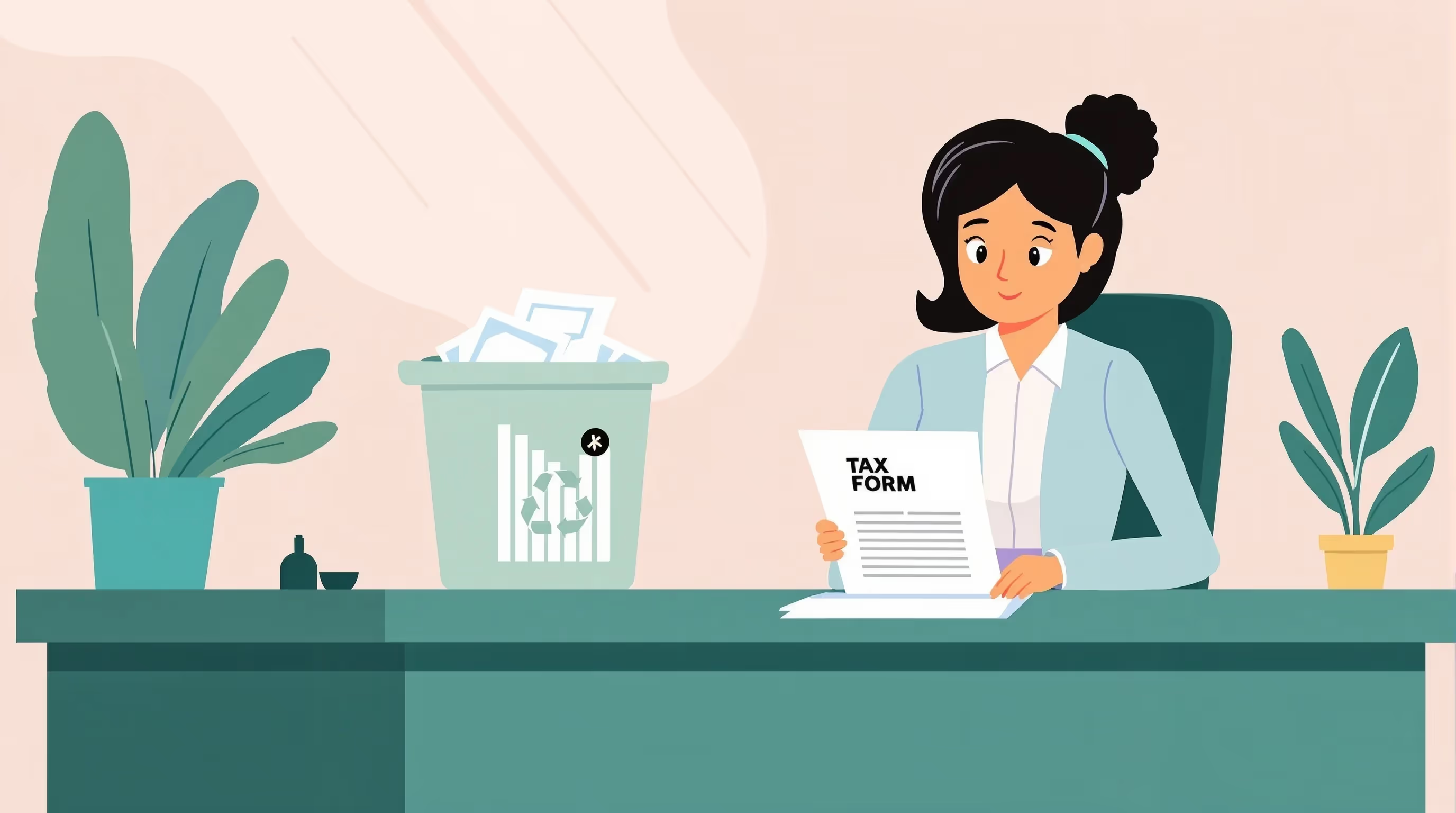
What IRS Form 1120-H (2015) Is For
IRS Form 1120-H (2015) is the income tax return used by homeowners' associations that elect to file under Internal Revenue Code Section 528. Filing this corporation income tax return allows qualifying associations to access certain tax benefits intended for community associations. These benefits apply when exempt function income is identified correctly and used to exclude exempt function income from gross income. Exempt function income consists of membership dues, assessments, fees, and payments received from owners to support association property and services.
Eligible filers may include condominium management associations, homeowners associations, residential real estate associations, and timeshare associations. When the election is made correctly, the association pays tax only on taxable income. Timeshare associations follow a similar process but apply a different tax rate. The IRS instructions for the form, including pages marked with a locked padlock icon, explain how to enter income, real estate taxes, interest, and assessments for the tax year.
When You’d Use Form 1120-H for 2015 (Late or Amended Filing)
A homeowners association may need to file a late or amended IRS Form 1120-H (2015) if it missed the original due date or received updated information. Common reasons include IRS notices showing that tax returns for the 2015 tax year were not received, corrections to taxable income, or changes in ownership or association details.
Associations sometimes discover that membership dues, assessments, or other income were entered incorrectly. Filing late may result in penalties and interest that accumulate over time, and failing to make the annual election may require filing Form 1120 instead. After the refund period ends, prior payments usually remain on the account unless a specific IRS rule applies.
Key Rules Specific to 2015
- 30 Percent Rate for Most Associations: This rate applies to condominium management associations and residential real estate associations.
- 32 Percent Rate for Timeshare Associations: This rate was used for all qualifying timeshare associations in 2015.
- Income and Expenditure Tests: Associations had to meet the 60 percent gross income test and the 90 percent expenditure test to qualify for the election.
- $100 Deduction: This deduction reduced the taxable income reported on the form.
- Minimum Late-Filing Penalty: This penalty was equal to the smaller of the unpaid tax or $135 for returns filed more than 60 days late.
- Paper Filing Only: This requirement meant that electronic filing was not available for Form 1120-H during the 2015 tax year.
Browse more tax form instructions and filing guides in our Forms Hub.
Step-by-Step (High Level)
- Gather Tax Transcripts: Request 2015 account transcripts to review tax information on file, including interest, penalties, and prior tax returns.
- Complete the 2015 Form: Use the official IRS Form 1120-H (2015) and enter income, assessments, fees, and other details accurately.
- Attach Required Schedules: Include schedules such as Form 4136 and add a note if needed to clarify how income was classified.
- Mail To The IRS: File at the correct IRS address for your location because e-filing was not available that year.
- Keep Copies: Retain the complete form, schedules, and supporting records for future reference.
Learn more about federal tax filing through our IRS Form Help Center.
Common Mistakes and How to Avoid Them
- Not Meeting Income Tests: Track income and expenses carefully to confirm eligibility before filing.
- Incorrect Income Classification: Verify that exempt function income consists of membership dues, assessments, and similar payments before entering amounts.
- Omitting the $100 Deduction: Apply the deduction before computing taxable income.
- Using the Wrong Tax Rate: Confirm whether the association is a condominium management association or a timeshare association.
- Using Outdated Association Details: Update the EIN, address, and ownership information for the tax year.
- Leaving Out a Reasonable Cause Statement: Include a brief note when late filing is due to circumstances beyond the association’s control.
- Missing the Section 528 Election: Make the election on time to avoid filing Form 1120 instead.
Learn more about how to avoid business tax problems in our guide on How to File and Avoid Penalties.
What Happens After You File
After filing IRS Form 1120-H for 2015, the IRS may take several weeks or longer to update the account. The IRS may send acknowledgment letters, request additional information, or assess penalties or interest. If a balance remains, the association may pay in full or apply for an installment agreement. Smaller amounts can often be paid online, while larger balances may require the completion of Form 9465.
If the association disagrees with IRS adjustments, it may file an appeal. Reviewing account transcripts helps track when the return was received, when penalties were added, and whether IRS pages marked as 'last reviewed' or 'updated' reflect changes that affect the filing. Checking tax information regularly helps prevent issues in later years.
FAQs
Can I still file IRS Form 1120-H (2015) even though it is past the due date?
Yes, homeowners' associations can still file the form for the 2015 tax year. Even if tax returns are overdue, filing is necessary to update IRS records and meet income tax obligations.
What penalties apply when filing this income tax return for 2015?
Penalties may apply if the tax return was filed late or if income was misreported. The IRS may also charge interest from the original due date, depending on the tax year and timing.
Do I need to use Form 1120 instead of IRS Form 1120-H (2015)?
Some homeowner's associations must file Form 1120 if they don’t qualify for the Section 528 election. This depends on income levels, expenditures, assessments, and the method used to collect payments from owners.
How can I get tax information or transcripts for the 2015 tax year?
You can request transcripts through an IRS business account or by submitting Form 4506-T. These transcripts show how tax returns were processed and whether payments were received.
Should the association amend earlier tax returns if errors are found?
If mistakes involve income, assessments, or other tax information, the association may need to amend earlier tax returns to ensure the IRS has accurate records.



